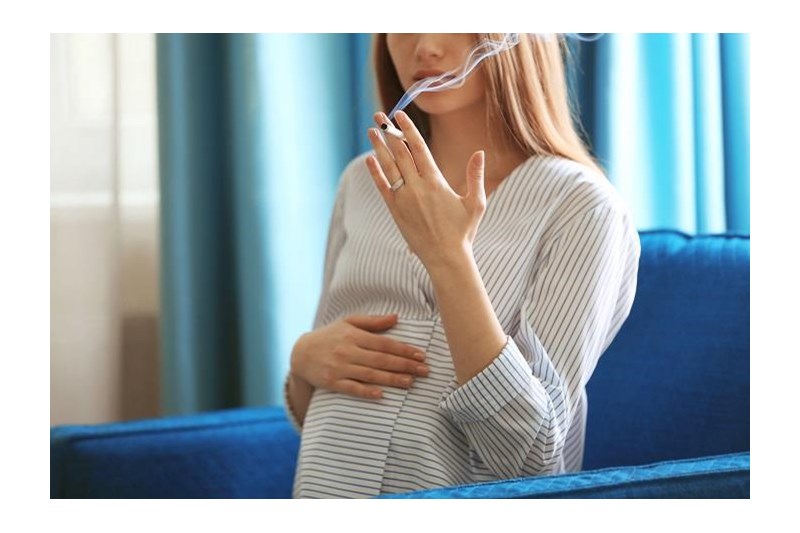Shopping vouchers incentive for pregnant smokers
Published: 26/10/2022
A new trial published in The BMJ suggests that an offer of up to £400 of shopping vouchers will aid in smokers quitting during pregnancy.
The findings were collected from January 2018 to April 2020 evaluating the behaviour of 941 pregnant women from seven stop-smoking services in Scotland, Northern Ireland and England.
Using the reward system more than doubled the proportion of participants who were still smoke-free by late pregnancy, compared to those who had only received the usual support from trained workers and free nicotine replacement therapy.
Seventy-one per cent of women who received the incentive engaged with the stop-smoking services and set a quit date - compared to 64 per cent of those receiving the usual support. Saliva tests confirmed that 27 per cent of the women in the voucher group had stopped smoking by late pregnancy compared with only 12 per cent of the control group.
Most women who stopped smoking during pregnancy relapsed six months after the birth. Only six per cent of the intervention group and four per cent of the control group stayed smoke-free.
The researchers acknowledge that the study has limits. Particularly as all the participants were white, therefore the results may not apply to other groups.
According to EurekaAlert!, the team hopes that further research will look into “what format and incentive level at what frequency achieves the most effective and cost-effective outcome.” They hypothesize that continuing the incentive for 12 months after birth may decrease the chance of relapse.
But smoking cessation is only possible with the support of those closest to the participants. So the researchers note that further interventions should take into account the role of family members who smoke.
The authors concluded, “The medical community now has good evidence supporting effective tools, such as financial incentives, to reduce the health burden associated with tobacco smoking during pregnancy. These tools should be implemented wherever possible to protect and improve the health of women, their children, and their families.”
Read the full study here https://www.bmj.com/content/379/bmj-2022-071522
Author: N/A

.jpg?width=300&height=200&scale=canvas)







.jpg?width=150&height=100&scale=canvas)



